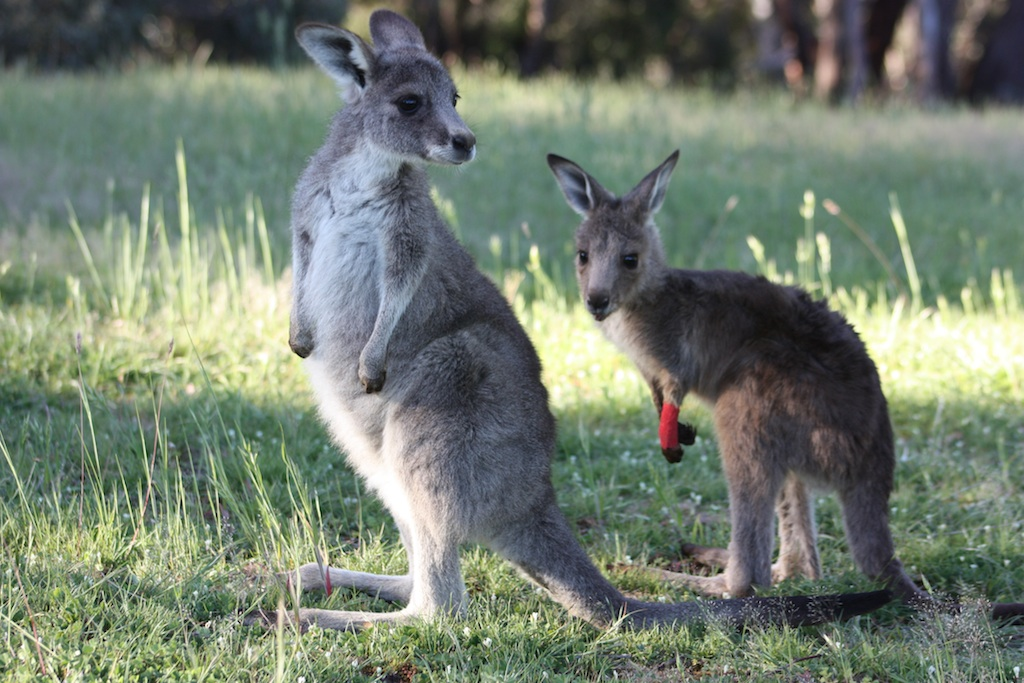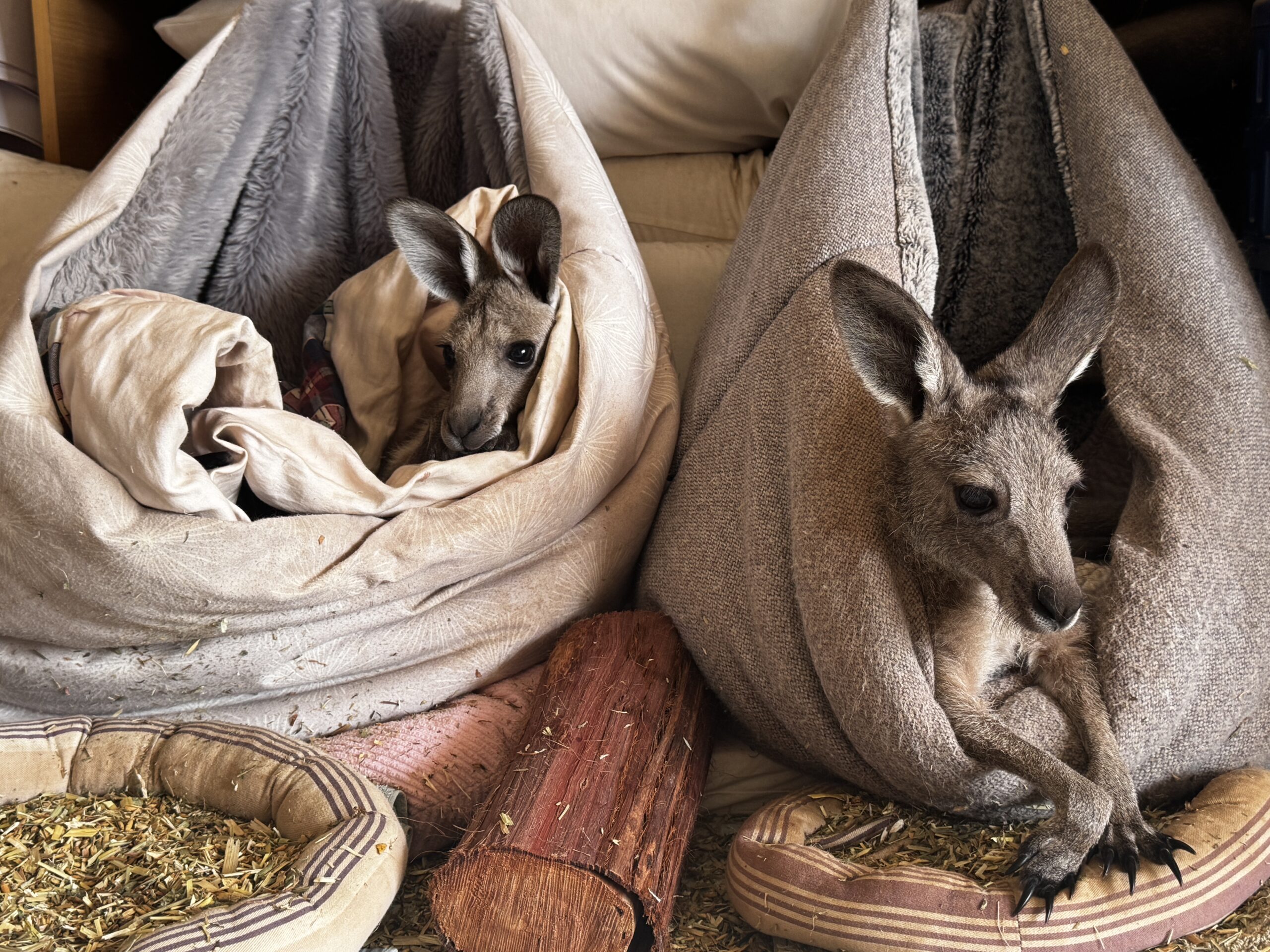Data on NSW licencing reveal the extent of Government-sanctioned destruction of native animals in the state | Conservation groups and wildlife carers to provide evidence of the extent of cruelty at inquiry into licensed killing SYDNEY (5 February, 2026)—Humane World for Animals Australia (previously Humane Society International Australia) will...
Special report: The United States mainland faces a second punch from storms of abnormal intensity. The HSUS/HSI Animal Rescue Team’s fleet of vehicles is at the ready to deploy to areas in Florida that sustain the brunt of Irma’s fury. We’ve already conducted a number of transports of animals from communities in the path of the storm. We have already relocated more than 400 wild animals from our rehabilitation center, the South Florida Wildlife Center (SFWC), in Fort Lauderdale. Evacuating wildlife patients is more challenging than moving companion animals and medical care and handling of injured or sick animals requires unique foster caregivers. More than 250 SFWC patients went into the homes of qualified and skilled caregivers, and all patients are safe and accounted for ahead of the storm.
While the drama is playing out in real time in Florida and we continue our response there, we continue to work in Texas, and we are not putting aside our concern for the animals and people in the Houston area. We’ll keep you apprised of what’s happening and what we’re doing to prevent and relieve suffering.

Dogs part of a group of rescues from Hurricane Harvey are being shipped to New Jersey in hopes of finding them new homes. Image: Scott Dalton/AP Images for The HSUS
The HSUS/HSI responded with people and other resources before and after Hurricane Harvey swamped southeast Texas. Our Animal Rescue Team deployed and began searching house to house for animals in danger. We activated our national network of Emergency Placement Partners, and began conducting transports of animals from Texas in order to relieve the burden on oversubscribed shelters, so that we could free up space for surrendered or displaced animals. We want to keep owned animals in Texas in order to facilitate reunions. The bond people share with their dogs and cats is indelible and of inestimable emotional importance, and our number one goal has been to keep families together.
With waters receding, communities are cleaning up and rebuilding, an especially immense task given the historic rains and flooding and the structural damage to tens of thousands of homes, businesses, and government buildings. Businesses and schools are reopening, and people are working to resume their routines as best as they can.
In the midst of our disaster response we partnered with Emancipet, a nonprofit veterinary clinic operating in Houston’s East End. After our search-and-rescue and sheltering operations in the battered city of Dickinson, we transported 30 cats from there to Emancipet. Veterinarians from the organization spayed or neutered all the animals who needed that procedure, vaccinated all the animals, and prepped them for transport to one of our placement partners in Seattle.

Members of the HSUS/HSI Animal Rescue Team (ART), make a successful rescue of a domesticated cat following the pet owners request that their pet be found after severe flooding from Hurricane Harvey swept in to their neighborhood. Image: Anthony Rathbun/Humane Society Of The United States via AP Images)
That experience with Emancipet sparked a thought that we could extend our partnership with the organization and do something much bigger and lasting.
Harvey dealt an especially harsh blow to families at or below the poverty line, compounding the challenge of meeting life’s necessities, including for their beloved pets. The HSUS/HSI and Emancipet will concentrate on helping these people, so dogs and cats belonging to these families will get the treatment and care they need. The cost of caring for their pets does not need to be another worry during this already stressful time. We know how much pets mean to their families, and our goal is to keep all members of the family intact.
During the next three months, The HSUS/HSI and Emancipet will offer free veterinary services for pet owners in these communities. This includes exams, spay-and-neuter services, vaccinations, microchipping, and heartworm treatment. During this time of extraordinary need, Emancipet’s veterinarians will also treat illnesses like respiratory, skin, and ear infections, wounds and lacerations, and can perform some medically necessary surgical procedures.
We’re especially grateful to the Lewyt Foundation for helping us get there. This is just one program to make Texas stronger on the animal welfare front than it was before the storm hit.


